Re:Store in Lossiemouth was the first zero-waste shop to open its doors in Moray more than five years ago.
Fed up with the amount of plastic and packaging, and noticing a gap in the market, Alison Ruickbie wanted to create a “one-stop shop” for local produce.
She opened her store on Queen Street in Lossiemouth in October 2019 — and while many refill shops across the country have closed their doors, Alison has “no regrets”.
Customers can choose how much they want from the large containers filled with pasta, rice and oats, fresh local milk and eggs, and all the other produce on offer.
Some even come from as far as Aberlour, Dufftown, and Buckie to shop at her award-winning sustainable refill store.
Alison added: “It’s people from all walks of life, there’s not one particular customer. It always surprises me that it spans ages and demographics, which is lovely.”
We caught up with Alison about what it’s been like running the refillery in Lossie, why it’s been so successful, and the challenges she’s faced over the years…
‘Lossiemouth was a risk… but it’s all paid off’ says shop owner
Alison had originally wanted to open a shop in Elgin, but she couldn’t find anything suitable at the time.
It wasn’t until her husband found the shop at 4 Queen Street that Alison considered opening up in the “Jewel of Moray”.
The shop was in walk-in condition, immaculate, and had the bonus of offering parking right outside.
While Alison, who is from Elgin, says it was a “risk” opening in Lossie, she said it has “paid off, for a lot of reasons”.
“I think Lossie is a destination for people anyway,” she explained. “There’s always lots of things people do while they’re shopping with me.
“We don’t have any empty units at the moment, we have people wanting to open businesses in Lossie because it’s just the right place to be.
“And we have a lot of unique shops here, and independent ones, so that makes it more attractive for people to come.”
Supporting local producers, reducing waste and friendly service at Re:Store
Alison supports more than 50 local suppliers throughout the year, from milk to oats, to honey, jams and chutneys, and local vegetables during the summer. She even has locally made kombucha on tap.
The owner describes Re:Store as a one-stop shop for all things local.
She encourages people to reuse packaging where possible, and says people across Moray have been supportive and enthusiastic. Since introducing milk on tap from the Lower Mill of Tynet Farm four years ago, she has sold more than 7,000 litres.
That means at least 7,000 plastic milk bottles have been saved from going into landfill or recycling.
According to Alison, the locally sourced porridge, muesli, and honey are all some of her best-sellers too.
And, having worked in customer services, she tries her best to chat to everyone who walks in and help where she can.
“I think people appreciate that as well,” she said. “Quite often they’ll say, ‘oh, you wouldn’t get that in Tesco’, even if I’m just carrying their stuff out to the car or sourcing a product for them.
“If I don’t sell it, because it’s not a big seller, then I can usually order it in for them. I also offer a drop-and-collect service so people can leave a list and their jars and containers, and I fill it up for them to collect.”
But what have the challenges been?
While it’s been a hard time for small businesses, through various increases, Alison said there has been a lot of zero-waste shops closing across the UK.
“A huge amount have closed in the past year,” she sighed. “I think a lot of that is to do with location and also maybe staff costs as well because that can be huge.
“I think I’m partly surviving because it is just me, and I don’t have staff to pay. But that makes it really hard work for me.”
She added: “I just come into each new year thinking ‘we’ll just have to see what this year brings’ because there’s not really a pattern to it as.
“Last year was a good year for me. But as I say that a lot of these shops have have closed down. So what makes me slightly different? I don’t know other than the points I’ve already mentioned.”
Despite this, she says one of the main challenges she faces is sourcing local veg. There are two or three local farms she gets organic, seasonal food from — but it was a poor year for the crops last year due to the bad weather so there wasn’t much available.
Producers even ran out of honey because it was such a bad summer for them too.
Perception refill shops are ‘more expensive’
Alison admits that she thinks there’s a perception that a shop like hers is going to be expensive, but she argues it can be “a lot cheaper than a supermarket”.
She says things like herbs and spices are cheaper because you’re not paying for the glass jar.
Other basics like lentils and porridge oats are also cheaper, as are some nuts.
It also means you only need to buy what you need, and helps stop food waste.
For example, some people buy three eggs instead of a full carton, or others get just enough ingredients for pancake day.
“Sometimes, things like honey will be more expensive, because it’s proper honey,” Alison explained. “It’s locally sourced and it’s pure honey.
“There’s usually a reason things are cheap in a supermarket. Someone along the line might be paying for it, like cheap milk in the supermarket, the farmers aren’t getting paid their premium for it.”
Re:Store is a part of the Lossiemouth community
Although Alison says running the sustainable store is hard work, she never feels like she doesn’t want to go to work.
She always has a laugh and a good chat with her customers and says she considers a lot of them as friends now.
And it surprised Alison just how much she became a part of the community in Lossie.
“I think that was one thing I didn’t expect when I started at the shop,” she explained. “I mean it’s just phenomenal and I know my customers so well.
“We’ve shared laughs, but we’ve also shared tears. It really blew me away, I really didn’t expect it.”
Alison’s top tips for getting started with sustainable shopping
Alison advises that people looking to start shopping at refill stores start small, rather than trying to do everything at once.
So instead of getting rid of all your plastic at once, use up what you have so you don’t waste anything. She advises trying to refill just one plastic washing-up liquid bottle, or get enough detergent for a couple of clothes washes to see how you get on instead of committing to it.
And instead of buying fancy, Instagrammable containers, start small and use yogurt pots, margarine tubs or whatever you have to hand.
“Even just one washing-up liquid bottle being refilled will make an incredible difference,” she explained. “Even just your blue bin won’t be as full.
“Do what you can within your time constraints and budget, because if you don’t have time for it, or get overwhelmed, then you’ll fail.
“I would say to people, if they aren’t sure, why not make February the month that you do it and check out your nearest refill shop.”
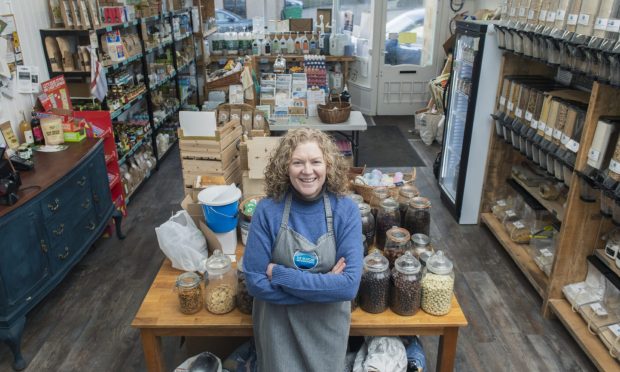
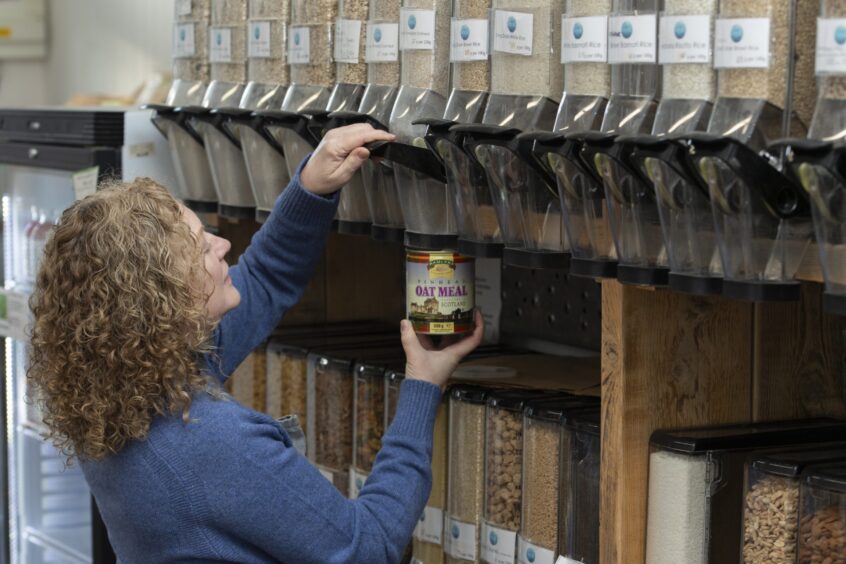
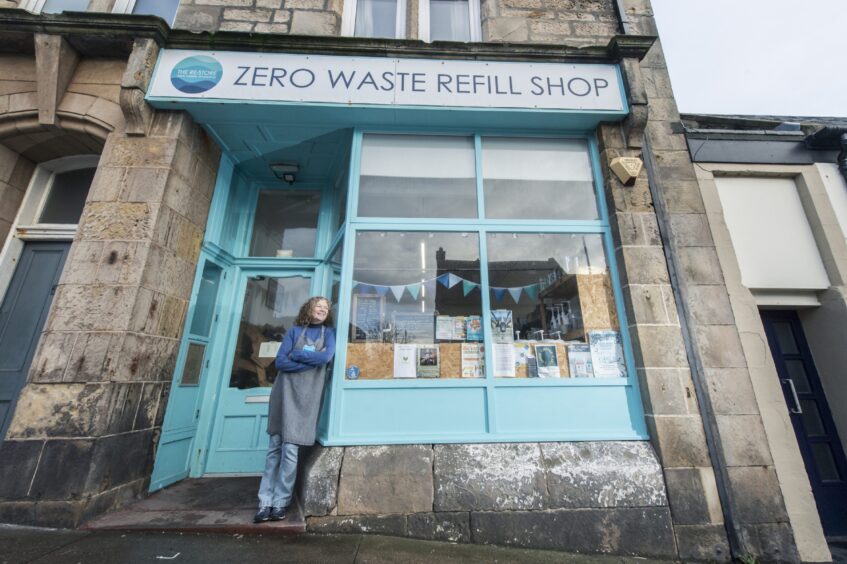
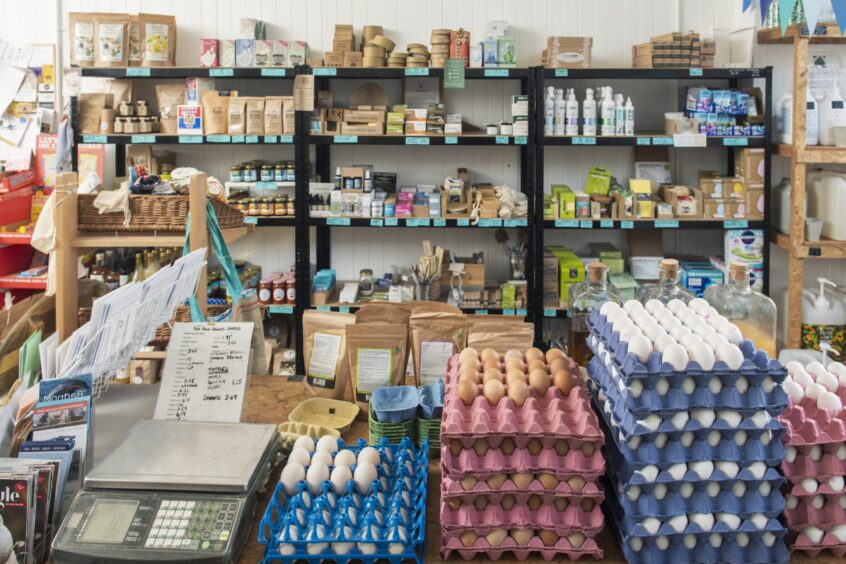
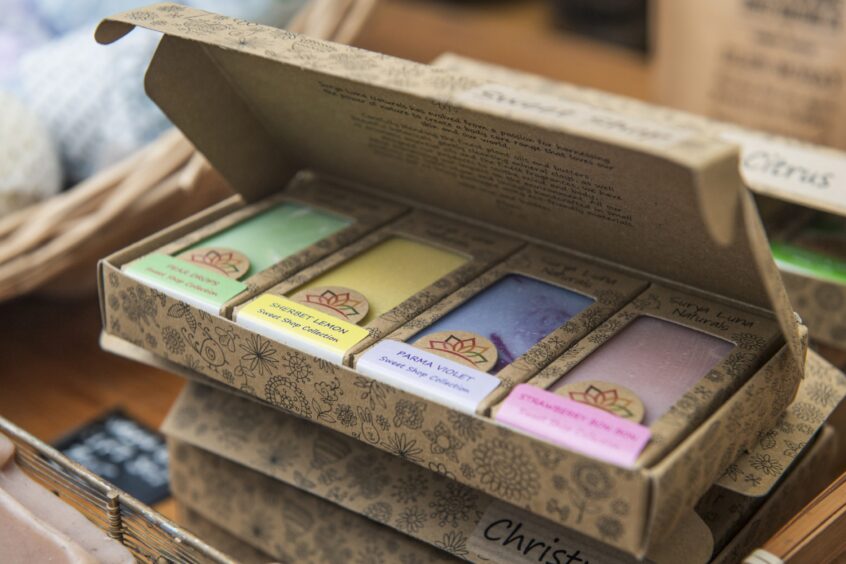
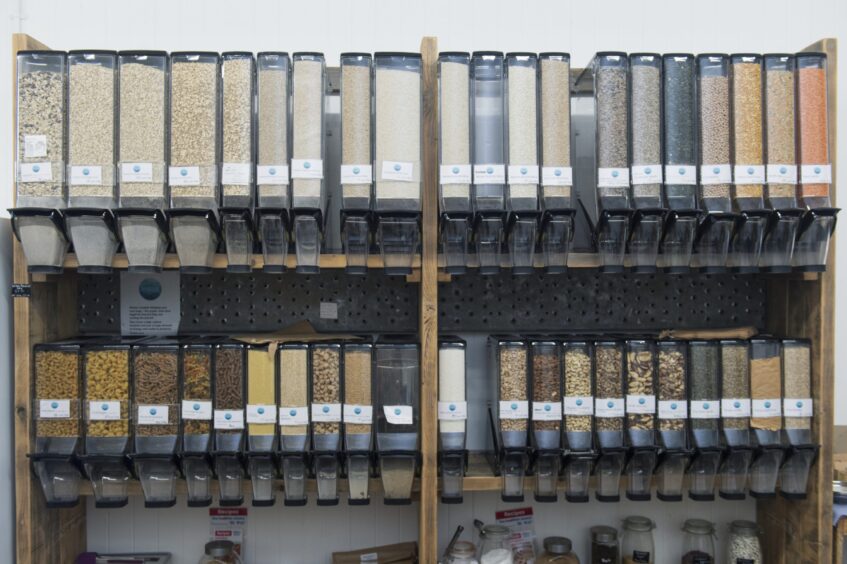
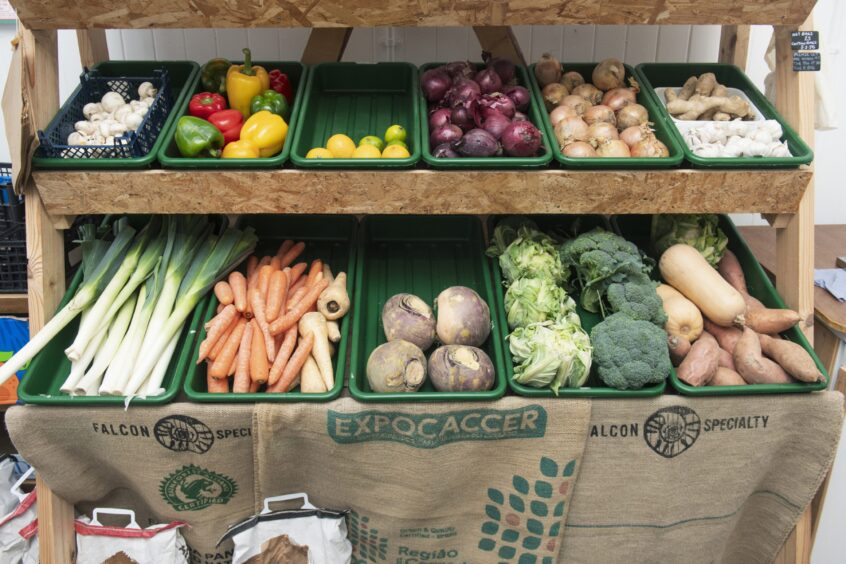
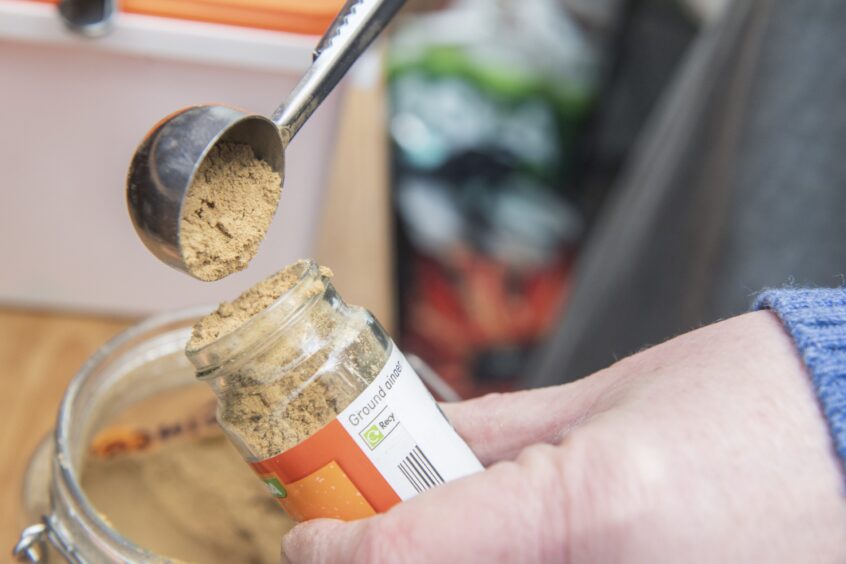
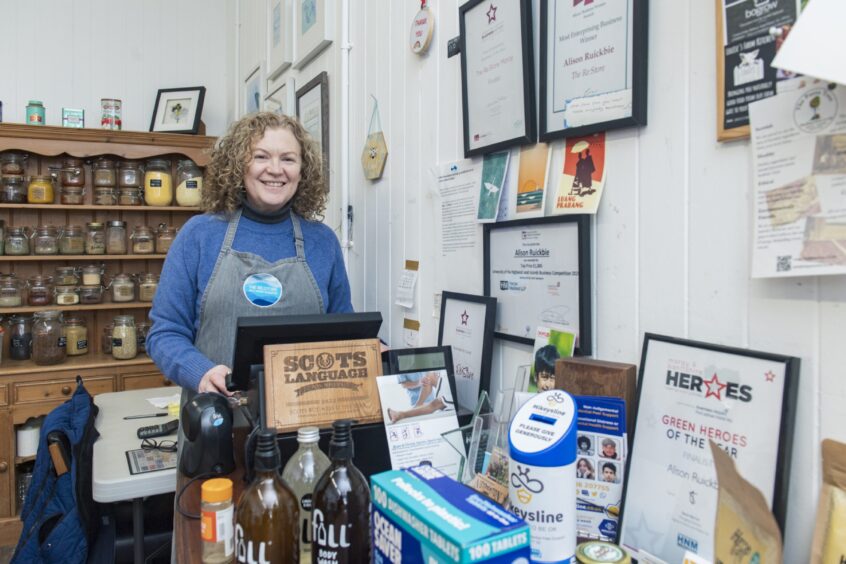
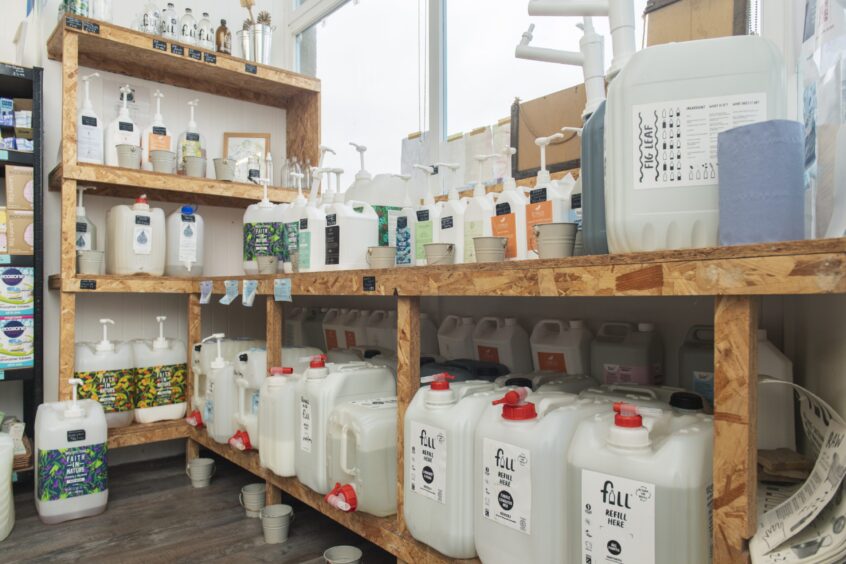
Conversation